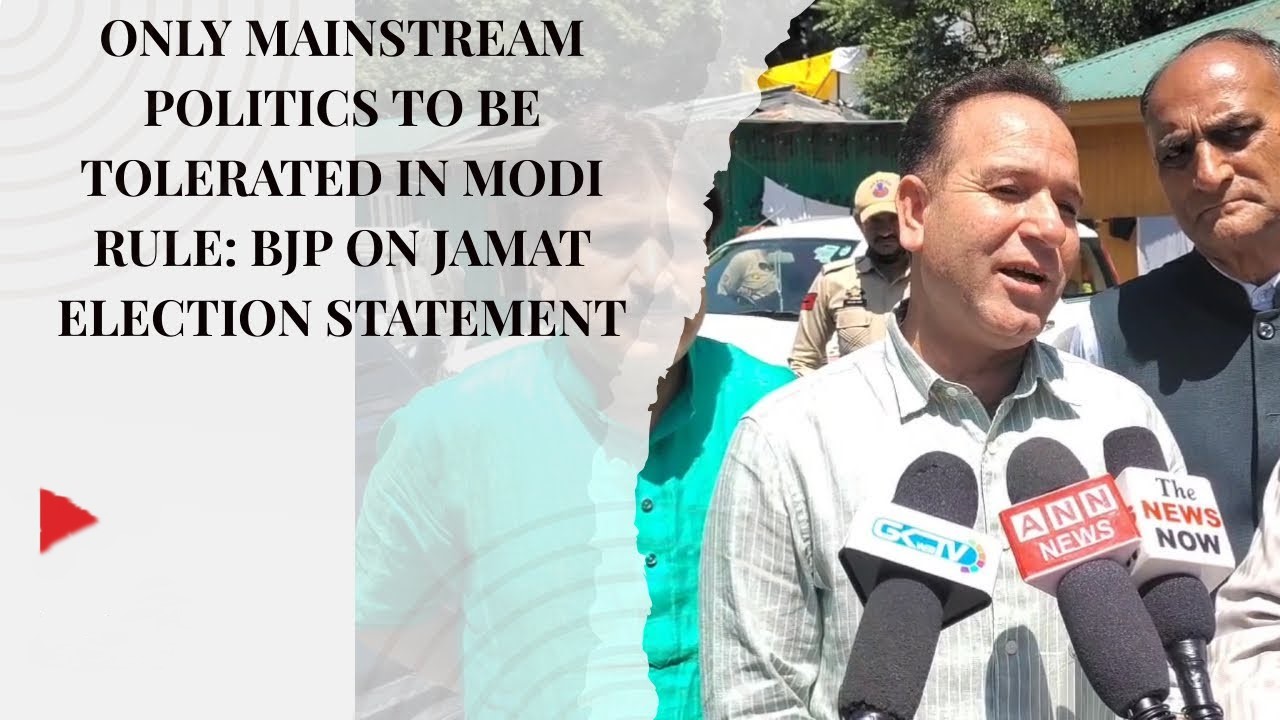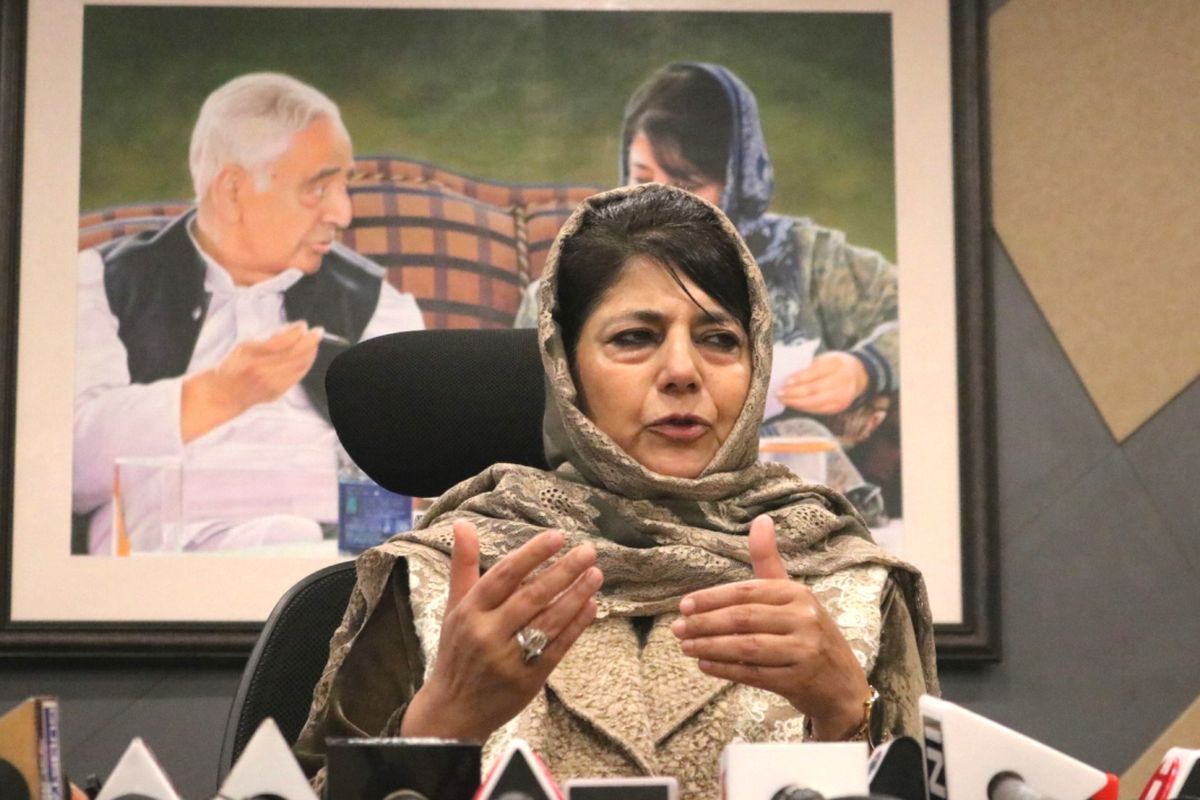The BJP’s Firm Stance on Political Participation : In a bold assertion reflective of its governance philosophy, the Bharatiya Janata Party (BJP) has made it clear that only mainstream political activities will be tolerated under Prime Minister Narendra Modi’s rule. This statement comes in response to recent discussions surrounding the political participation of organizations like Jamaat-e-Islami in the electoral process. By reinforcing its commitment to mainstream political norms, the BJP underscores its vision for a cohesive and unified political landscape.
The Context: Jamaat-e-Islami and Electoral Participation Jamaat-e-Islami, a socio-religious organization with a significant following, has periodically expressed its political aspirations and engagement in India’s democratic process. However, its participation has often been met with scrutiny and controversy, given its ideological stance and historical context. The BJP’s latest statement reaffirms its position on maintaining a clear delineation between mainstream politics and what it perceives as fringe or sectarian influences.
BJP’s Perspective: Ensuring Political Stability and Unity The BJP’s insistence on tolerating only mainstream politics is rooted in its broader objective of ensuring political stability and national unity. By advocating for a political environment where recognized and established parties engage in the electoral process, the BJP aims to mitigate the risks of divisive and extremist ideologies gaining traction. This approach, according to the party, is essential for fostering a harmonious and progressive society.
Critics’ Viewpoint: A Move Towards Political Homogeneity? Critics argue that the BJP’s stance might be seen as an attempt to stifle political diversity and marginalize voices that challenge the mainstream narrative. They contend that in a vibrant democracy like India, a multiplicity of perspectives, including those from socio-religious organizations, is crucial for a healthy political discourse. By excluding certain groups from participating, critics fear that the BJP may inadvertently erode the democratic principles of inclusivity and representation.
Historical Precedents: Navigating Sectarian Politics The intersection of religion and politics in India has always been a complex and sensitive issue. Various governments have grappled with the challenge of balancing religious freedom with the need for secular governance. The BJP’s current approach echoes past efforts to navigate this delicate balance, emphasizing the importance of maintaining a clear separation between religious entities and political power.
Implications for Future Elections: A Defining Moment As India approaches future electoral cycles, the BJP’s stance on mainstream politics will undoubtedly shape the political landscape. By drawing a firm line on what constitutes acceptable political participation, the party sets the stage for potential conflicts and debates over the definition of mainstream politics. The implications of this policy will be closely watched by political analysts, opposition parties, and civil society organizations alike.
Conclusion: The Path Forward for Indian Democracy In reaffirming its commitment to mainstream political participation, the BJP underscores its vision for a stable and unified India. However, this vision must be balanced with the democratic principles of inclusivity and representation. As the nation continues to evolve and navigate its diverse political terrain, it is imperative for all stakeholders to engage in constructive dialogue and uphold the values that form the bedrock of India’s democracy. The path forward will require careful consideration, a willingness to embrace diverse perspectives, and a steadfast commitment to the principles of democratic governance.



